28 Jan. 2018
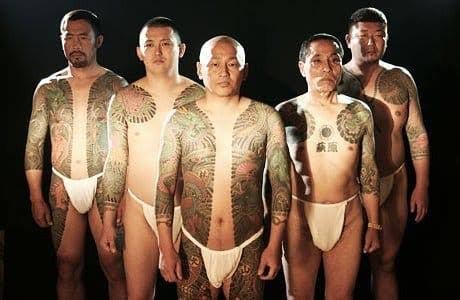
Some time ago the public was overwhelmed by the behavior of gangsters who call themselves '' Japan '' looting clothes in Depok. A number of perpetrators were arrested by the authorities. Sadly, the perpetrators mostly come from teenagers and even women.
Gangster phenomenon is not only happening in Indonesia as a developing country. Some developed countries have their own gangsters. In Japan for example, there is a frightening gangster named Yakuza. Gangsters are so famous for having a characteristic, ie each member has a tattoo. What is the real history of the Yakuza? following his review as reported by britannica.com (accessed 11/01/2018).
1. History
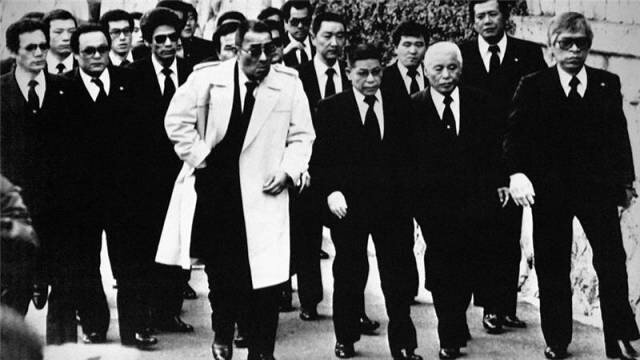
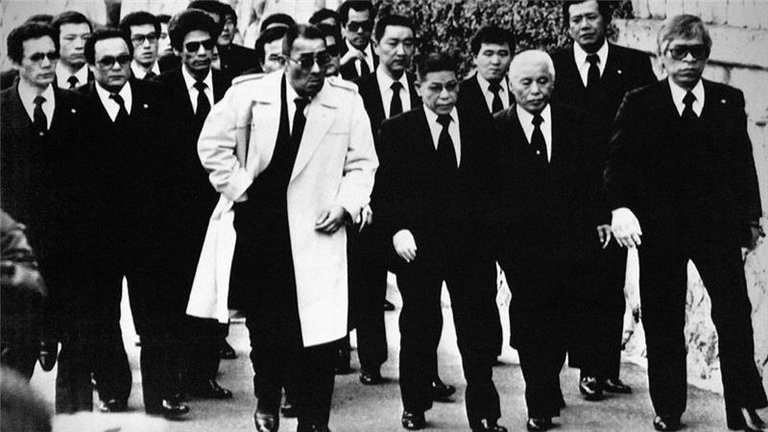
Formally, Yakuza members are called '' bōryokudan '' (violent group). In western Japan, the Yakuza name is often associated in criminal acts.
They act in blackmail, smuggling, drug trafficking, gambling. In addition, Yakuza also controls various business units such as bars, trucking companies, taxis, and others. In addition to the land of the Sun, Yakuza also act around the world.
Where is the origin of the yakuza? historians estimate they were from a ronin gang (a group of defenders of villages of samurai-samura evil in the 17th century) who transformed into criminal gangs. The pedigree of its members can be traced to debt collectors and gamblers during feudalism emerging in Japan.
Based on police data, the number of Yakuza members most commonly occurred in the early 1960s. At that time, they had about 184,000 members. The more days, the number decreases. Especially at the beginning of the 21st century. Most of these gang members are branched off, they come from a conglomerate group.
The largest and most famous conglomerate is Yamaghuci-gumi, founded around 1915 by Yamaguchi Harukichi. After World War II, this conglomerate group was re-developed by Taoka Kazuo.
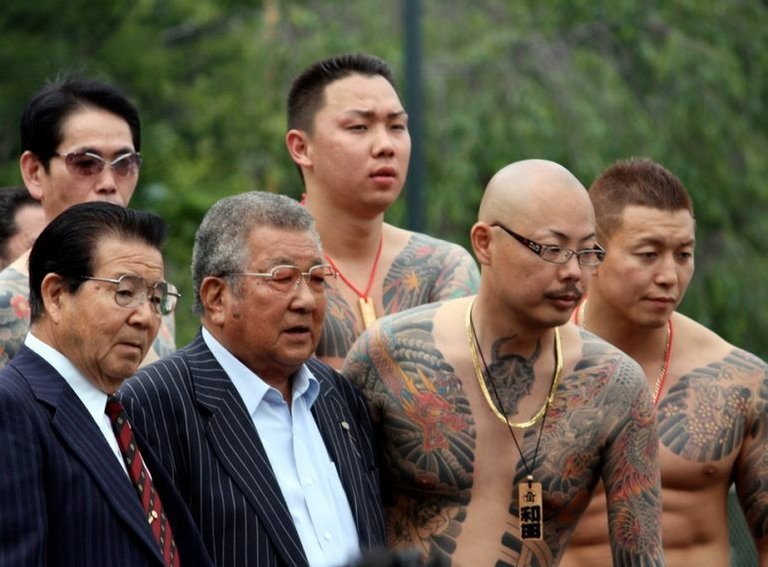

Not everyone can be a Yakuza member. Similar to the mafia system in Italy, the Yakuza hierarchy is like a family. The leader of a gang or Yakuza conglomerate is referred to as oyabun (boss / parental status). His followers are then called kobun (protégé / child status).
Loyalty is one of the most important things in this gang. There are various conditions that every member must meet. Prior to becoming a member, the kobun must take a blood oath of allegiance. If the kobun violate the code of ethics, get ready for penance, that is, by cutting the little finger with the sword then handed over to his oyabun. This practice then decreases over time.
2. The Other Side of the Yakuza
Ex Yakuza repent and cultivate the Catholic religion / source: liputan6.com
Moving in crime, this gangster also does not forget to do charity activities. As in the Kobe earthquake in 1995, they did not forget to donate some money. Also in Japan earthquake and tsunami in 2011.
Over time, they are now turning to 'white-collar' crime. At the beginning of the 21st century, Yakuza rely more on bribery than violence.
Their relationship with the Japanese police also looks complicated. Being a Yakuza member is not illegal, even their headquarters and business units are clearly marked. Their existence and activities are always known to the Police, but no action is given. Bakan in the 1960s, they were hired Police to escort the United States President to Japan.
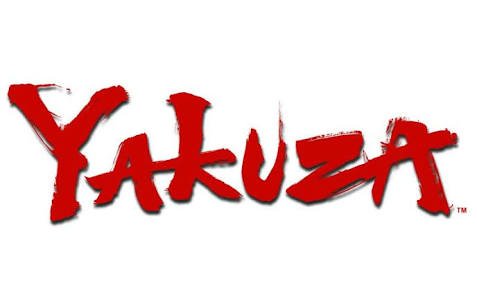
You are welcome
thanks for the history lesson about one of the most dreaded gangs in japan! good read! :)